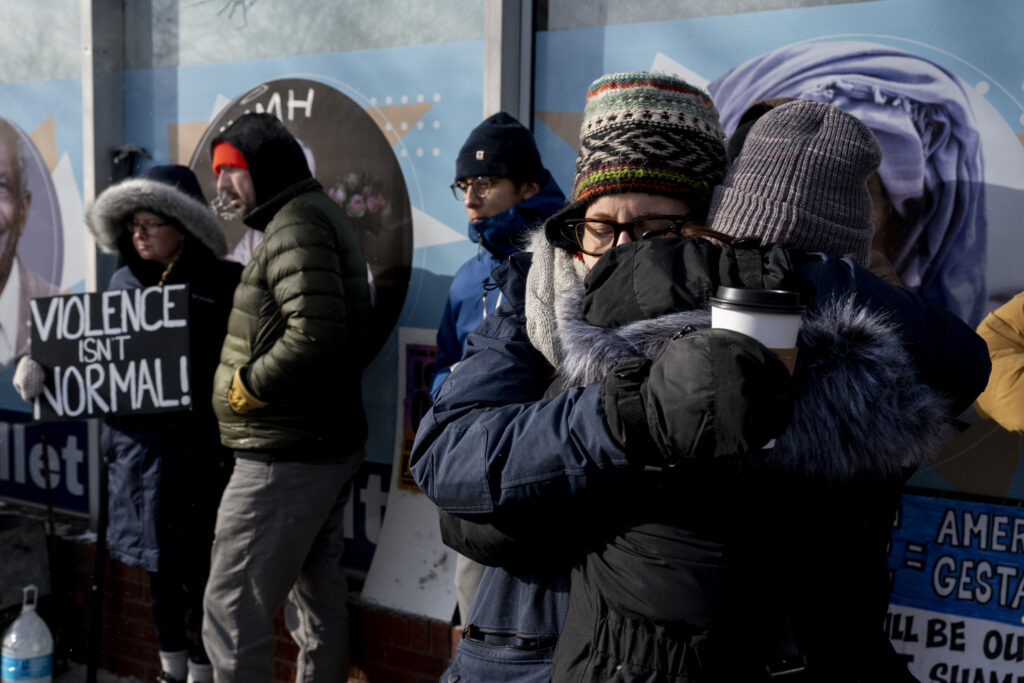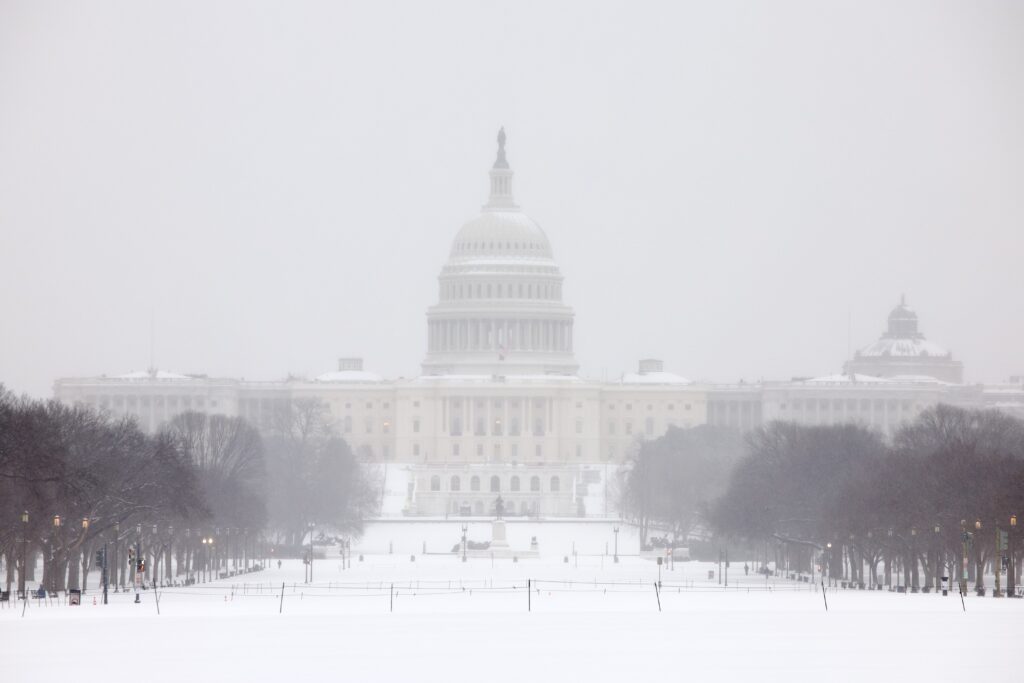Second death in Minneapolis crackdown heaps pressure on Trump
President Donald Trump on Sunday blamed the deaths of two Americans by federal agents on Democratic “chaos,” as his administration faced intensifying pressure over its mass immigration crackdown in Minneapolis.Federal agents shot and killed Alex Pretti, a 37-year-old ICU nurse, early Saturday while scuffling with him on an icy roadway in the Midwestern city, less than three weeks after an immigration officer fired on Renee Good, also 37, killing her in her car.Trump administration officials quickly claimed that Pretti had intended to harm the federal agents — as it did after Good’s death — pointing to a pistol it said was discovered on him.However, video shared widely on social media and verified by US media showed Pretti never drawing a weapon, with agents firing around 10 shots at him seconds after he was sprayed in the face with chemical irritant and thrown to the ground.Trump provocatively attributed the deaths to Minnesota’s Democratic elected officials, including Governor Tim Walz and Minneapolis Mayor Jacob Frey, writing on his Truth Social platform: “Democrat run Sanctuary Cities and States are REFUSING to cooperate with ICE.” “Tragically, two American Citizens have lost their lives as a result of this Democrat ensued chaos,” he added.After top officials described Pretti as an “assassin” who had assaulted the agents, Pretti’s parents issued a statement Saturday condemning the administration’s “sickening lies” about their son.Homeland Security Secretary Kristi Noem, asked on Fox News show “The Sunday Briefing” what she would say to Pretti’s parents, responded: “Just that I’m grieved for them.”US Deputy Attorney General Todd Blanche, speaking to NBC’s “Meet the Press,” said an investigation was necessary to get a full understanding of the killing.Asked if agents had already removed the pistol from Pretti when they fired on him, Blanche said: “I do not know. And nobody else knows, either. That’s why we’re doing an investigation.”- ‘Joint’ probe -Their comments came after multiple senators from Trump’s Republican Party called for a thorough probe into the killing, and for cooperation with local authorities.The Trump administration controversially excluded local investigators from a probe into Good’s killing.Walz posed a question directly to the president during a press briefing Sunday, asking: “What’s the plan, Donald Trump?” “What do we need to do to get these federal agents out of our state?”On Sunday, business leaders from 60 corporations headquartered in Minnesota — including retailer Target, food giant General Mills and several professional sports franchises — signed an open letter “calling for an immediate de-escalation of tensions and for state, local and federal officials to work together to find real solutions.”Thousands of federal immigration agents have been deployed to heavily Democratic Minneapolis for weeks, after conservative media reported on alleged fraud by Somali immigrants, which Trump has repeatedly amplified.The city, known for its bitterly cold winters, has one of the country’s highest concentrations of Somali immigrants.Minnesota Attorney General Keith Ellison pushed back against Trump’s claim, telling reporters “it’s not about fraud, because if he sent people who understand forensic accounting, we’d be having a different conversation. But he’s sending armed masked men.”- Court order -Since “Operation Metro Surge” began, many residents have carried whistles to notify others of the presence of immigration agents, while sometimes violent skirmishes have broken out between the officers and protesters.Local authorities have sued the federal government seeking a court order to suspend the operation, with a first hearing set for Monday.Recent polling has shown voters increasingly upset with Trump’s domestic immigration operations, as videos of masked agents seizing people off sidewalks — including children — proliferate.Barack and Michelle Obama on Sunday forcefully condemned Pretti’s killing, saying in a statement it should be a “wake-up call” that core US values “are increasingly under assault.”The former president and first lady blasted Trump and his government as seeming “eager to escalate the situation.”





